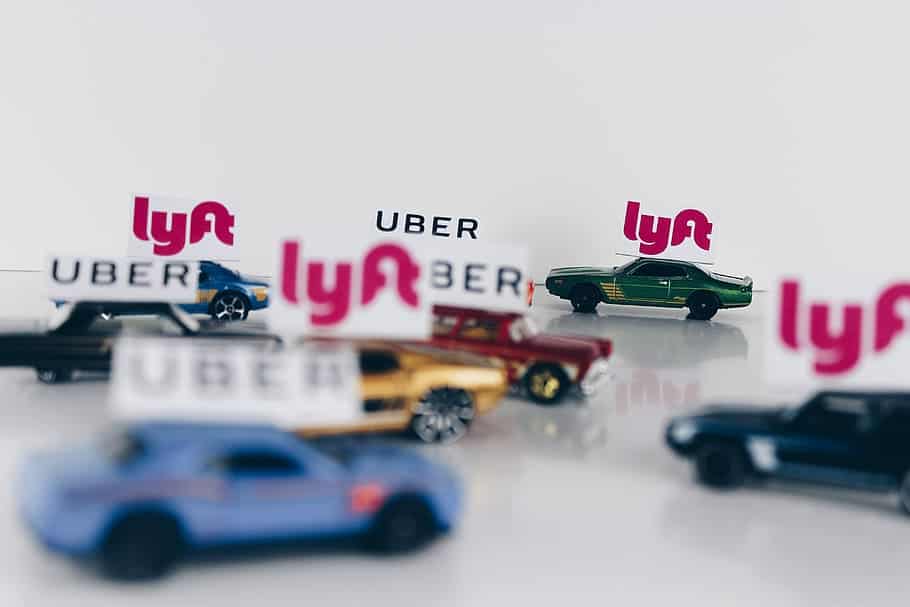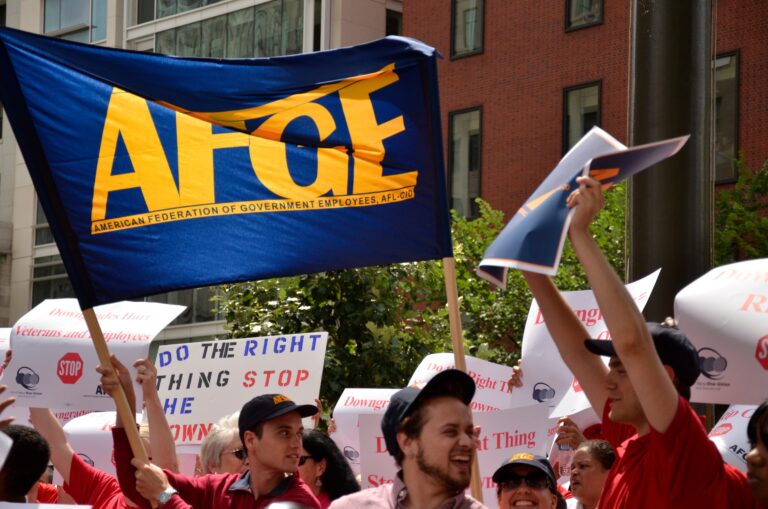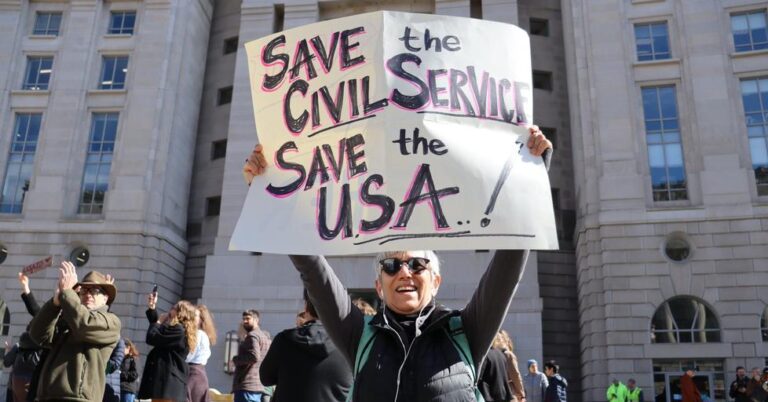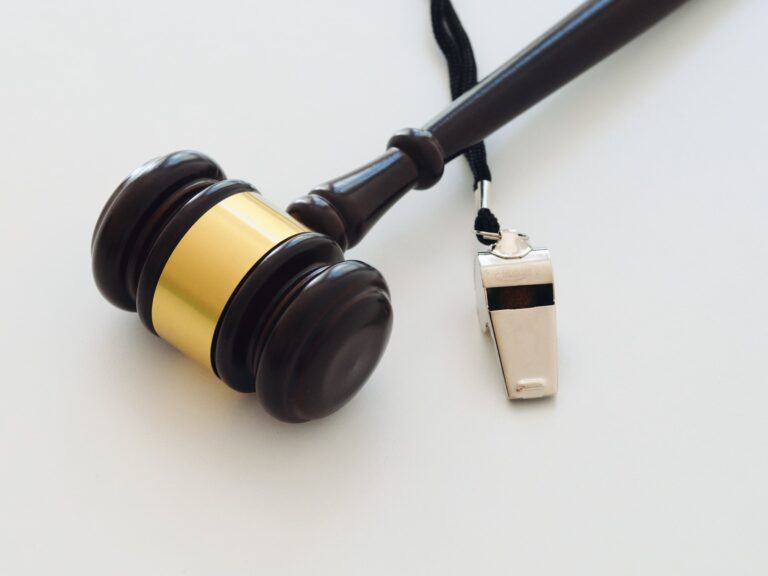
Ted Parker is a student at Harvard Law School and a member of the Labor and Employment Lab.
In today’s news and commentary, more circuits weigh in on the two-step certification process for FLSA collective actions, and Uber and Instacart challenge a Seattle ordinance regulating gig worker account deactivations.
As Law360 reports, two more circuit courts weigh in on the two-step certification process for FLSA collective actions. As I wrote back in May, the two-step process helps more workers get back their stolen wages, while a one-step process (such as the one the Fifth Circuit adopted in 2021 or the one the Sixth Circuit adopted in 2023) will make it easier for employers to pocket at least small sums with impunity. Now, two more circuits weigh in. Earlier this month, the Ninth Circuit reaffirmed its commitment to the two-step process in Harrington v. Cracker Barrel Old Country Store. The court’s brief discussion simply noted that it had already endorsed the two-step process in a 2018 decision, by which it was now bound. In a footnote, it dismissed the idea that the Supreme Court’s recent decision in EMD Sales v. Carrera necessitated reaching a different result.
Now, all eyes are on the Seventh Circuit, which is expected to release its own opinion either affirming or rejecting the two-step process. The court heard oral arguments in Richards v. Eli Lilly in January, meaning a decision could be imminent. As Law360 reported at the time, the oral advocate for Eli Lilly took flak from Judge David F. Hamilton for claiming that the two-step process “leads to” decertification “50% to 60% of the time.” Judge Hamilton called this statistic “spectacularly wrong and misleading” and “downright deceptive” and “hope[d] these statistics are not being used in district courts.” (The quoted statistic was actually the success rate for decertification petitions, which are only filed in a fraction of cases.) In fact, according to Judge Hamilton, the two-step process only leads to decertification about 5% of the time. Earlier this month, the parties filed dueling Citations of Additional Authority updating the court on the Sixth Circuit’s decision in Harrington.
Finally, the Ninth Circuit heard oral arguments last Thursday on Uber and Instacart’s challenge to Seattle’s App-Based Worker Deactivation Rights Ordinance. The ordinance, which took effect in January, requires gig companies to establish a written policy listing the grounds for account deactivation (which is how such companies terminate their workers). These grounds must be “reasonably related to the . . . company’s safe and efficient operation.” The companies challenged the new ordinance as violating their First Amendment rights by compelling them to “speak” these new deactivation grounds “into existence.” That is, Uber and Instacart argue the law forces them to issue a “policy statement” and “value judgment[s]” with which they do not actually agree. That challenge failed at the district court, which said the law was about regulating conduct, not speech. According to reporting in Law360, two of the three judges on the Ninth Circuit panel also seemed unconvinced by the challengers’ argument.






Daily News & Commentary
Start your day with our roundup of the latest labor developments. See all
December 4
Unionized journalists win arbitration concerning AI, Starbucks challenges two NLRB rulings in the Fifth Circuit, and Philadelphia transit workers resume contract negotiations.
December 3
The Trump administration seeks to appeal a federal judge’s order that protects the CBAs of employees within the federal workforce; the U.S. Department of Labor launches an initiative to investigate violations of the H-1B visa program; and a union files a petition to form a bargaining unit for employees at the Met.
December 2
Fourth Circuit rejects broad reading of NLRA’s managerial exception; OPM cancels reduced tuition program for federal employees; Starbucks will pay $39 million for violating New York City’s Fair Workweek law; Mamdani and Sanders join striking baristas outside a Brooklyn Starbucks.
December 1
California farmworkers defend state labor law, cities consider requiring companies to hire delivery drivers, Supreme Court takes FAA last-mile drivers case.
November 30
In today’s news and commentary, the MSPB issues its first precedential ruling since regaining a quorum; Amazon workers lead strikes and demonstrations in multiple countries; and Starbucks workers expand their indefinite strike to additional locations. Last week, the Merit Systems Protection Board (MSPB) released its first precedential decision in eight months. The MSPB had been […]
November 28
Lawsuit against EEOC for failure to investigate disparate-impact claims dismissed; DHS to end TPS for Haiti; Appeal of Cemex decision in Ninth Circuit may soon resume